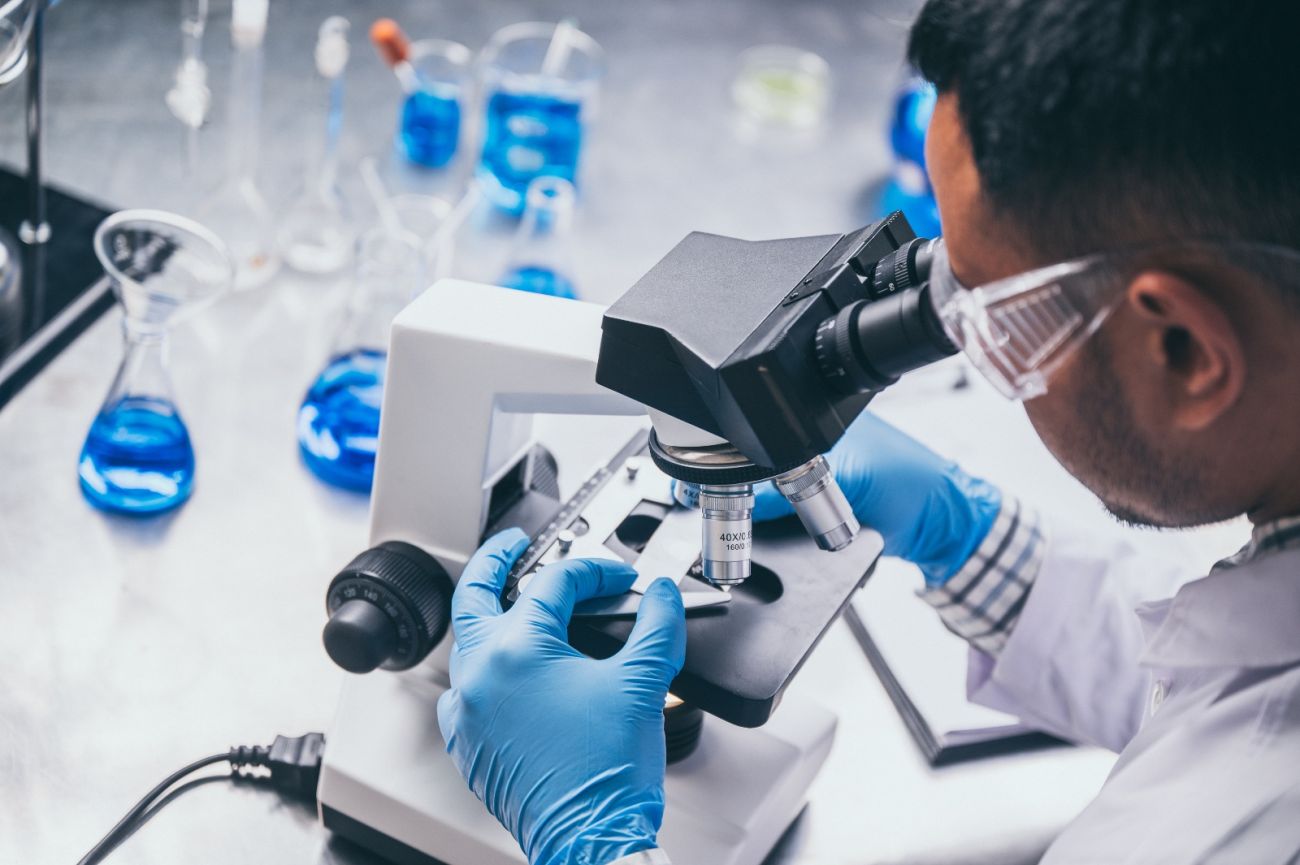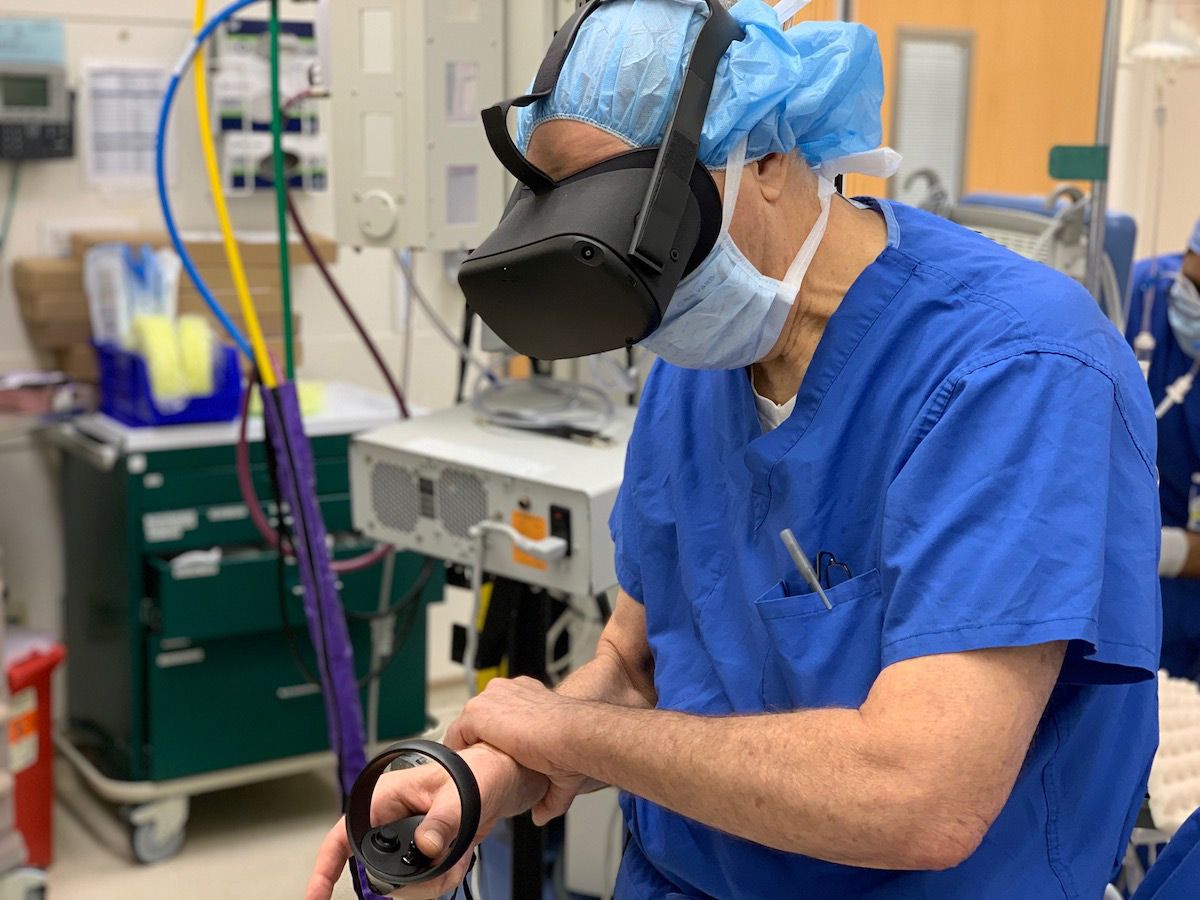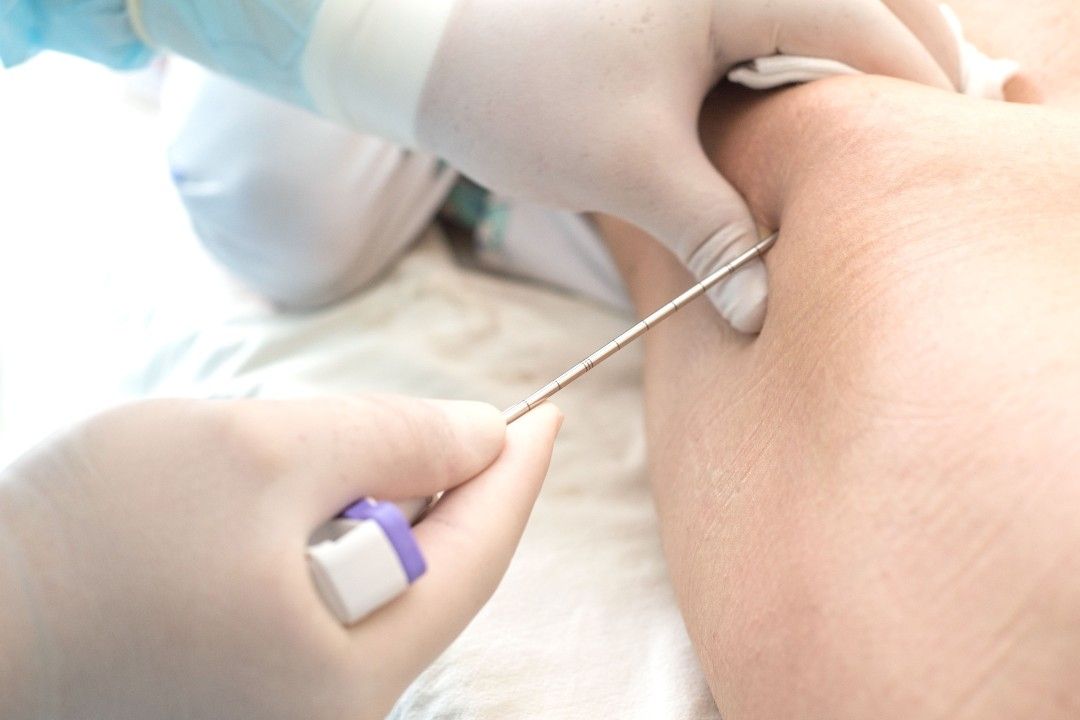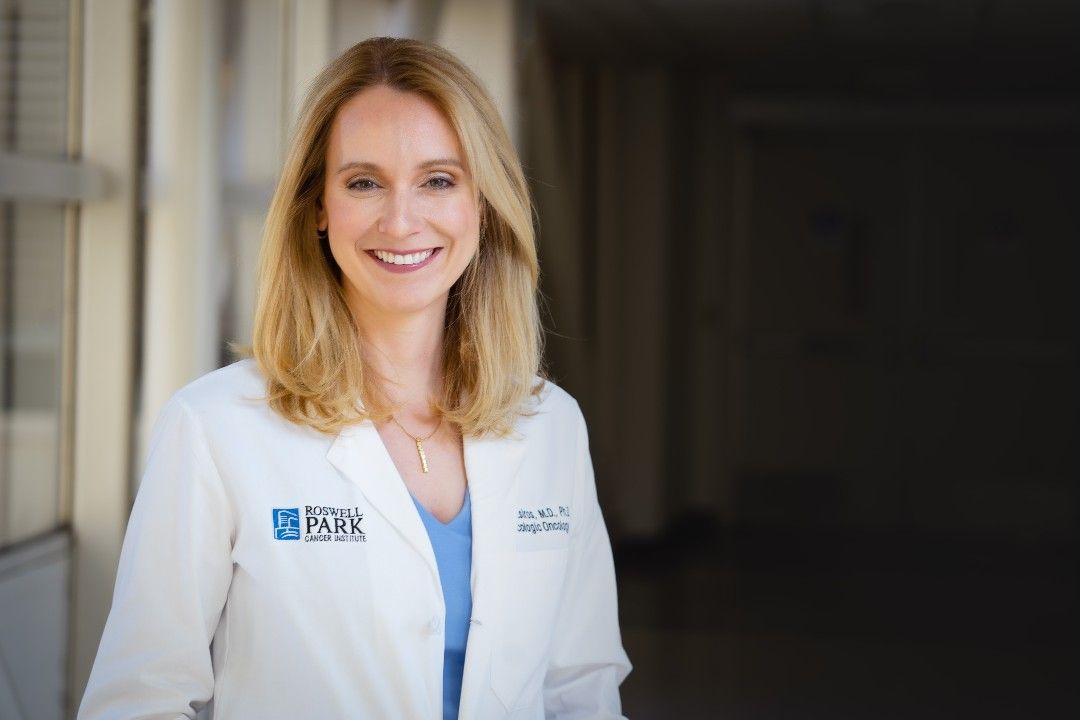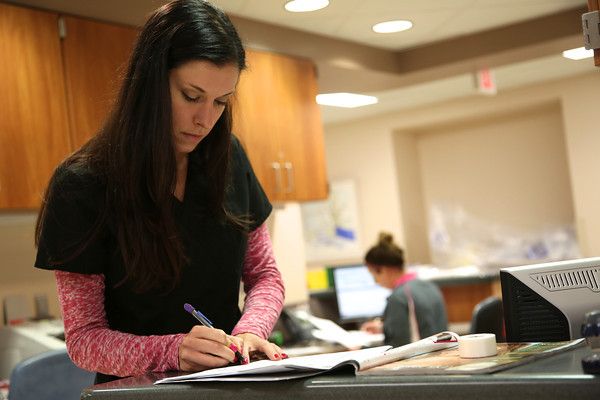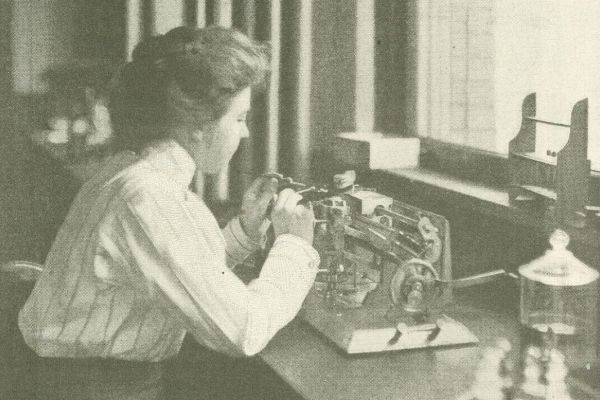When patients come to Roswell Park Comprehensive Cancer Center to learn more about their cancer, or to get a second opinion, they know they’re coming to a trusted, well-respected facility that has been serving Western New Yorkers for more than 120 years. But they might not know that Roswell Park continues to be at the forefront of clinical research, continually working to find new treatments that are more effective while decreasing side effects and helping people live longer.
May is Cancer Research Awareness Month, making it the perfect opportunity to shine a light on some of the innovative and boundary-pushing research going on every day at Roswell Park. We hope you enjoy learning more about how our doctors are working to achieve one of the cornerstones of our mission: to create a world without cancer.
Never miss another Cancer Talk blog!
Sign up to receive our monthly Cancer Talk e-newsletter.
Sign up!The coolest lifesaving technology at Roswell Park
June 2, 2021
Roswell Park is out front in adopting and refining the newest, most promising technologies. Because we focus exclusively on cancer, we employ these tools to diagnose and treat large numbers of patients, which means our medical teams are highly experienced in their use. That’s why physicians from all over the world look to Roswell Park for training in robotic surgery and Gamma Knife radiosurgery. But we go beyond that: We’re global leaders in discovering new ways to use these and other procedures to help our patients live longer, healthier lives.”
New research aims to find tarageted threatment for Ewing sarcoma
October 15, 2021
Experts in Ewing sarcoma are eager to find new ways to treat the disease, driven by a protein known as EWSR1, which is also believed to drive other cancers. Right now, trials for new treatments for Ewing sarcoma have had limited success, but “we have basic scientists who are working to change this,” says Ajay Gupta, MD, MS, a pediatric oncologist.
New immunotherapy-based treatments for esophageal cancer show promise
October 27, 2021
If the patient’s cancer didn’t respond to chemotherapy and radiation, options were limited other than a wait-and-see approach. But new research has found that the introduction of an immunotherapy medication, nivolumab (commercial name Opdivo), can dramatically improve their response.
Cancer innovations: Making immunotherapies work for more patients
June 11, 2021
Now, Roswell Park scientists and oncologists have it in their sights to expand the benefits of immune-based approaches to cancer types that typically do not respond in a lasting way to immunotherapy — including breast, prostate, colorectal, ovarian, melanoma, kidney and pancreatic tumors.
Cancer Innovations: New initiative reduced prescribed opioids by 45%
June 12, 2021
At Roswell Park Comprehensive Cancer Center, doctors prescribe opioids to treat acute pain in patients, including those recovering from surgery, and in active-phase cancer treatment. But given the risk of opioid addiction, doctors here decided to explore if restricting opioid prescriptions would affect patients’ recovery.
Sequencing the human genome set the pace for identifying cancer before it starts
October 1, 2021
“There is no doubt that in my lifetime, sequencing the human genome is the biggest thing that’s happened for cancer care,” says Carl Morrison, MD, DVM, Senior Vice President of Scientific Development and Integrative Medicine and Director of the Division of Molecular Pathology at Roswell Park. “Nothing even compares to it.”
